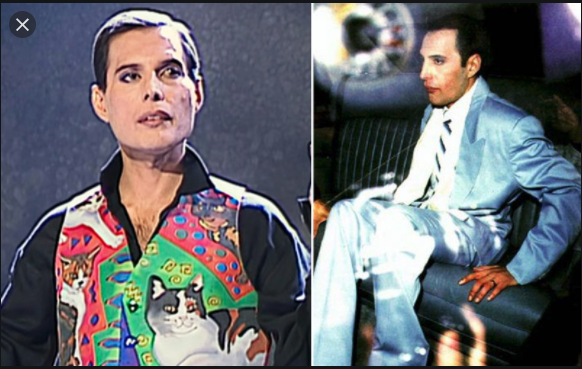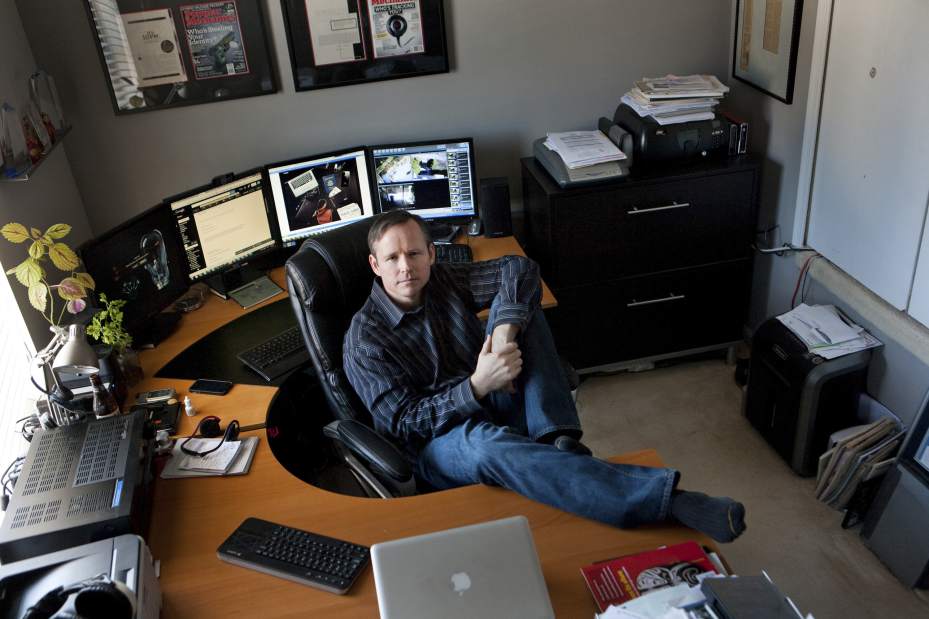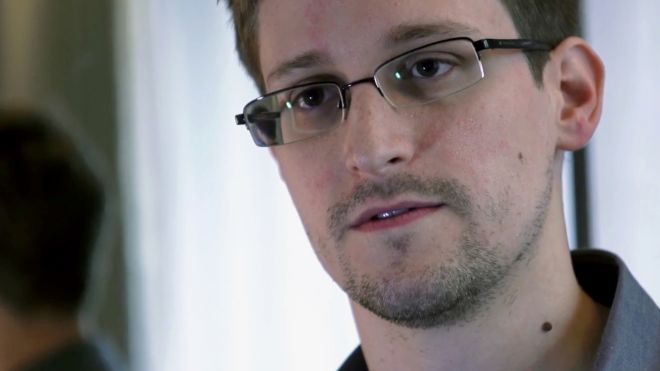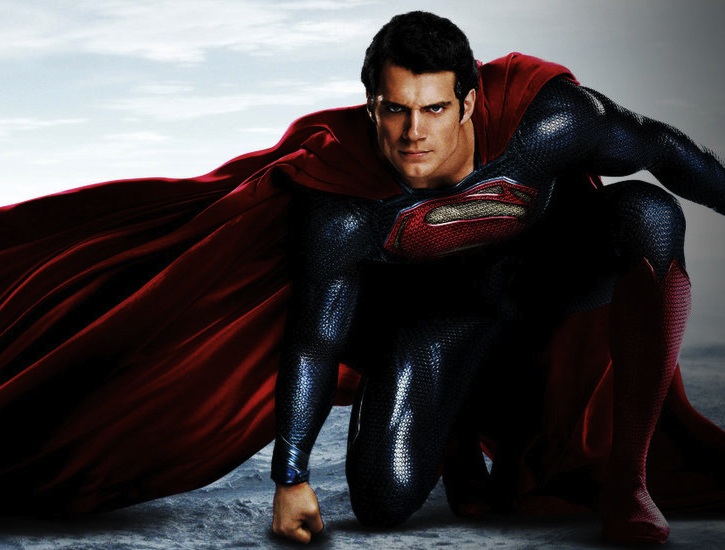I liked the 2018 Queen biopic “Bohemian Rhapsody,” but one thing about it bothered me: It left out the part of Freddie Mercury’s life that inspires me as much as the music itself — his descent into illness and how, the weaker he got, the harder he worked.
In interviews, the surviving members of Queen recount how Freddie, barely able to stand up, continued to slave away on new music and videos. Guitarist Brian May tells of how he worried Freddie wouldn’t be able to handle the vocals for “The Show Must Go On” off the “Innuendo” album. Freddie, he explained, said “fuck it,” downed a vodka and nailed it:
The last video he did for that album was for “These Are the Days of Our Lives,” and you can see how frail and in pain he was:
The last song he ever recorded was “Mother Love.” The band has noted that in that period, Freddie was close to the end. During the recording he had to stop because he couldn’t do anymore. He planned to finish it but never did. That’s why May sang the final verses.
There have been times in my life where things have felt too hard, when staying in bed seemed the better option. Depression and anxiety makes you feel like that a lot.
But then I’d think of Freddie toiling away, getting out of bed and working. And I would get up and go to work.
We all experience diversity. We all have our deeply ingrained pain — scars of the past and present.
Many of us have grown fresh scars while dealing with life in a pandemic with a gut-wrenching dose of street violence thrown in.
I have plenty of role models who inspire my “stay the course” attitude: Lincoln, Winston Churchill, and FDR come to mind.
But lately, with a global health crisis fueling the things that make life toughest right now, it’s Freddie who is cheering me forward.



 Krebs at work. Photo by Daniel Rosenbaum/New York Times News Service
Krebs at work. Photo by Daniel Rosenbaum/New York Times News Service
